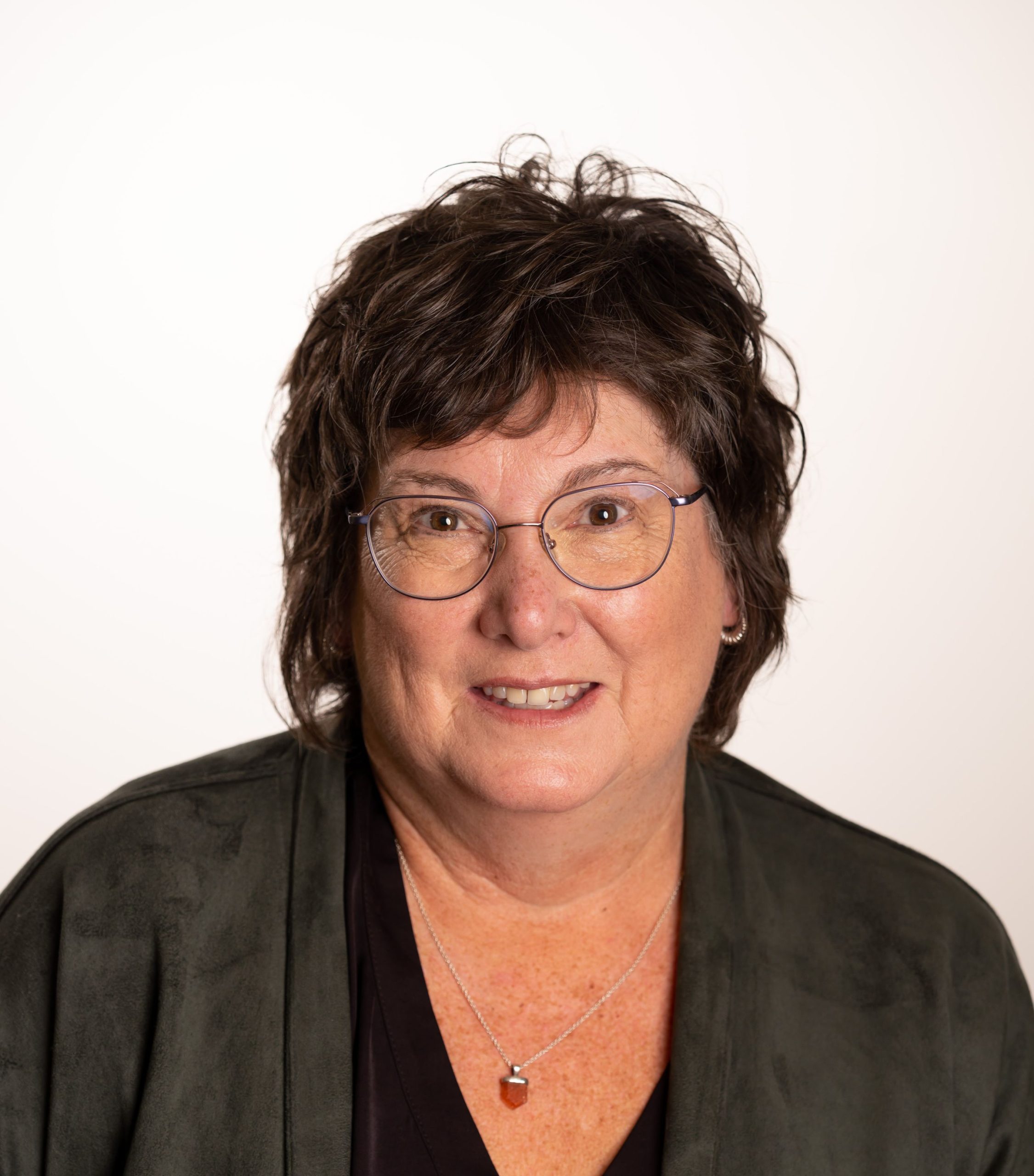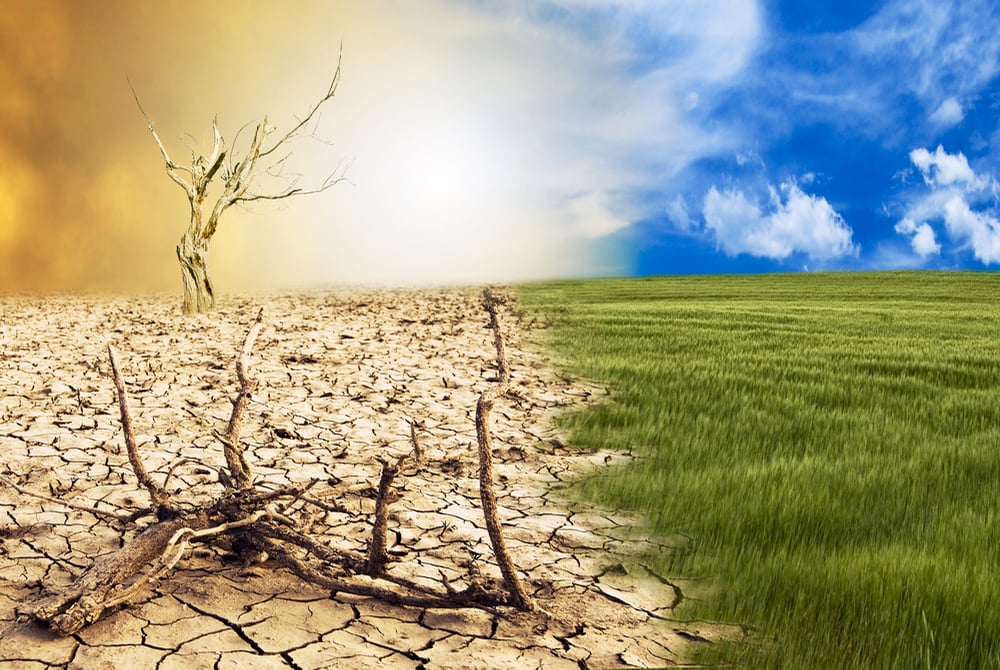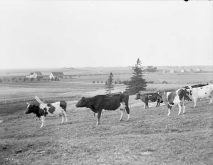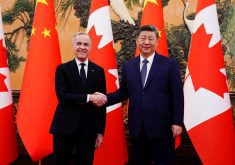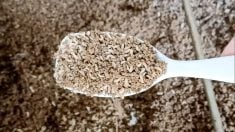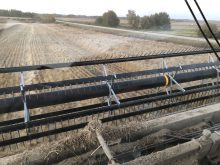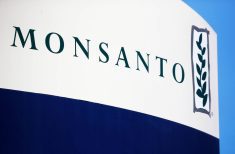If there is one book you should read during this summer of relentless sun and sweltering heat, pick up a copy of A Road to Fossil Fuel Free Farming by Manitoba farmer and researcher David Rourke.
Despite the heavy subject matter, it has all the elements of a compelling read — a character worth knowing, some mystery and even a bit of humour as Rourke chronicles his own journey connecting the dots around global warming.
Read Also

Spoken questions are what make it an interview
Recently, I was exchanging emails with the media email account at a government agency, hoping to reach a source for…
I’ve frequently crossed paths with Rourke at a wide range of meetings over the years, me feverishly filling my reporter’s notebooks, him feeding his insatiable curiosity about all things agriculture, whether it’s agronomy, policy or science and technology.
Rourke grew up in the city and studied agriculture at the University of Manitoba, obtaining a master’s degree in plant science with a thesis on zero-till crop production. With access to 320 acres of rented land and with $4,000 in cash, he and his wife Diane started farming and doing contract research in southwestern Manitoba in 1980. They now operate 6,000 acres, all of which they own. They have been transitioning from high-input zero till to organic zero till over the past five years, which is no easy feat.
Zero-till farmers rely on herbicides to control weeds. Organic farmers rely on tillage. Few have successfully combined the two approaches.
Rourke spent his COVID winter collecting his thoughts about what he’s observed over four decades of farming, what he’s learned about the science around global warming, what he as one individual can do about it — and published this book.
The title cuts to the chase: the only way out of this mess is to embrace a carbon-negative future. That means applying the same human ingenuity it took over the past century to extract carbon stored in the earth over 800,000 years to finding ways of putting some of it back into the soils — all within the next decade.
He’s not alone in seeing rapid change as an imperative. Just read the headlines. The rate at which the Earth is heating up continues to escalate.
But he won’t be popular with his farming colleagues for saying carbon prices must rise to $240 per tonne to help drive the necessary change, or that alternatives must be found to fertilizer produced using fossil fuels or that farming as it is practised today is far from being sustainable.
He sees no future in adaptation, which he likens to accelerating towards a brick wall expecting an airbag to save you. “If we don’t stop using fossil fuels, if we don’t stop the dumping of greenhouse gases into the atmosphere and the oceans, the temperature will keep rising. What exactly would they like us to adapt to — the sixth extinction?” he writes.
Rourke has chosen zero till organic based on the five regenerative agriculture principles as the best path forward for his farm. That means trying to have living roots in his soils for as much of the year as possible, increasing biodiversity, minimizing soil disturbance, keeping the soil surface covered and integrating animals on all acres.
He doesn’t suggest that’s for everyone and he readily admits he’s still learning how to do it. What he offers is a peek into his discovery process and how he is now restructuring his farm operation to achieve these specific goals: increasing profits four times compared to a high-input zero-till farm, increasing carbon sequestration two times over the average of high-input, monoculture zero till, feeding a lot of people, reducing or eliminating fossil fuels by at least 90 per cent by 2030 and increasing the nutrient density of the food he produces.
Some would say that’s crazy. He agrees — just like the notion of putting a man on the moon was once.
Yet in his quiet methodical manner, he outlines a plausible path forward accomplishing such a vision.
Rourke’s message is pragmatic and hopeful at a time when most of us remain wilfully, blissfully ignorant, expecting governments to act, and criticizing them when they do. I’m not in the habit of promoting books, but this one is worthwhile tracking down — fossilfuelfreefarming.com.

